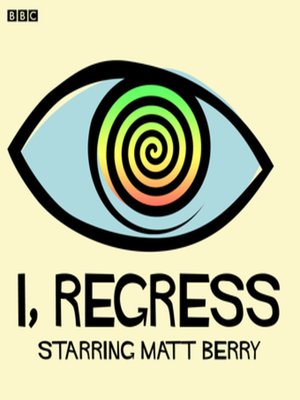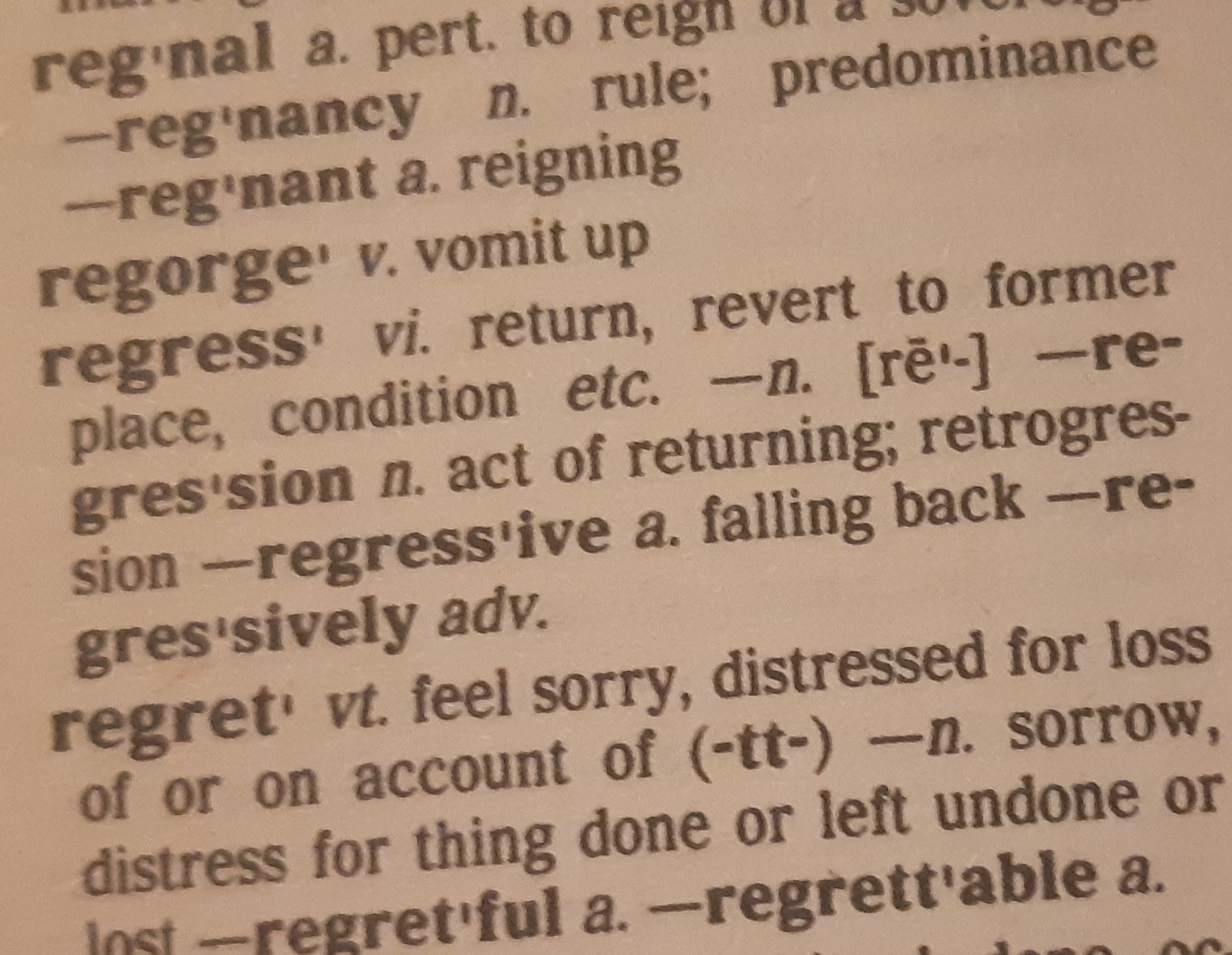
It’s more likely that he will perform close to his career average (or some weighted version of it) than the sample of plate appearances immediately preceding the question.

So to forecast his future performance, we need to consider RTM. We don’t just forget about them because our player had a bad April. But when we are asked to assess this player, the previous five seasons carry a lot of weight. Maybe he’s hurt, maybe he’s aging poorly, maybe the league learned to exploit a weakness. 300 OBP alter the way we think about the player and by how much?Īny sample of PA contain potentially useful information. What should we think about his next 500-600 PA based on the information we have? In other words, do those 100 PA at. 350 OBP hitter.īut now let’s imagine we observe his next 100 PA in which he posts a. He is, as best as we can tell, a true talent. Let’s assume the league’s run environment has stayed the same and the player is around 28, so there is no particular reason to expect his talent level to change or for his OBP to spike due to a clear external factor.

Imagine you have a player with a career OBP of. Observations tend to cluster around the average value, even if the previous value is unusual. We are typically talking about the statistical concept known as “regression to/toward the mean.” Regression toward the mean (RTM for clarity in this article) is the concept that any given sample of data from a larger population (think April stats) may not be perfectly in line with the underlying average (think true talent/career stats), but that going forward you would expect the next sample to be closer to the underlying average than the first sample. However, this is not usually what we mean when we are talking about baseball statistics, so it’s important to be precise with your terminology. If a good player gets worse, they can be said to have regressed.

The dictionary definition of this is something like “returning to a former or less developed state.” You will absolutely hear people use this word to describe baseball players. Colloquially, the word “regress” is often used to mean movement backwards. In conversations about baseball statistics, the word “regression” is used quite often, but there are essentially two different meanings associated with the word and it’s important to separate them because they mean different things.


 0 kommentar(er)
0 kommentar(er)
